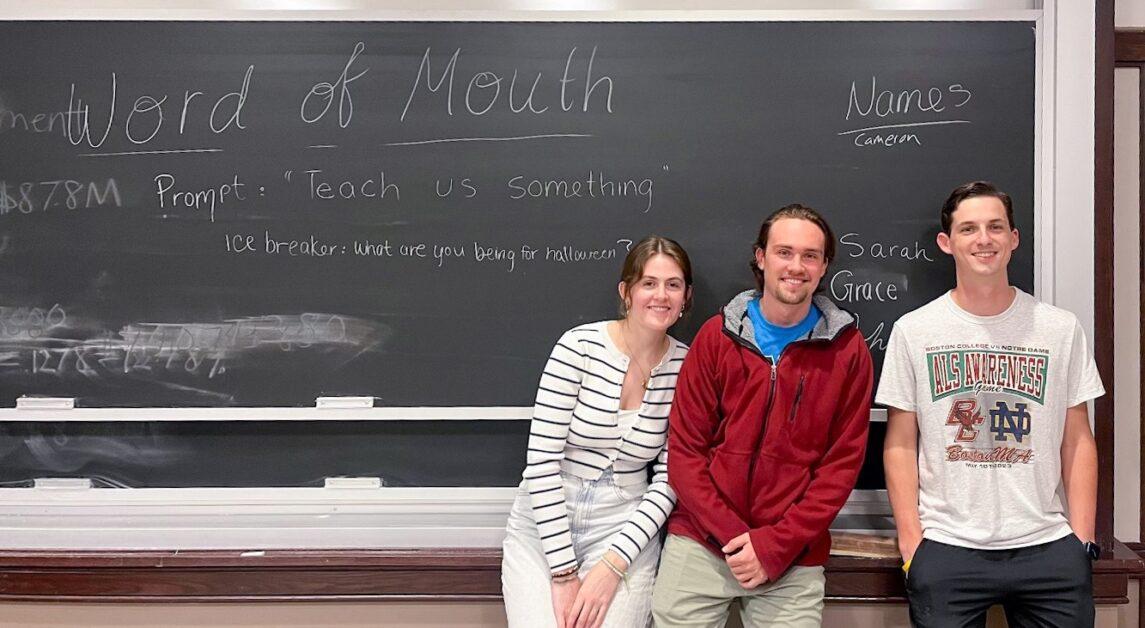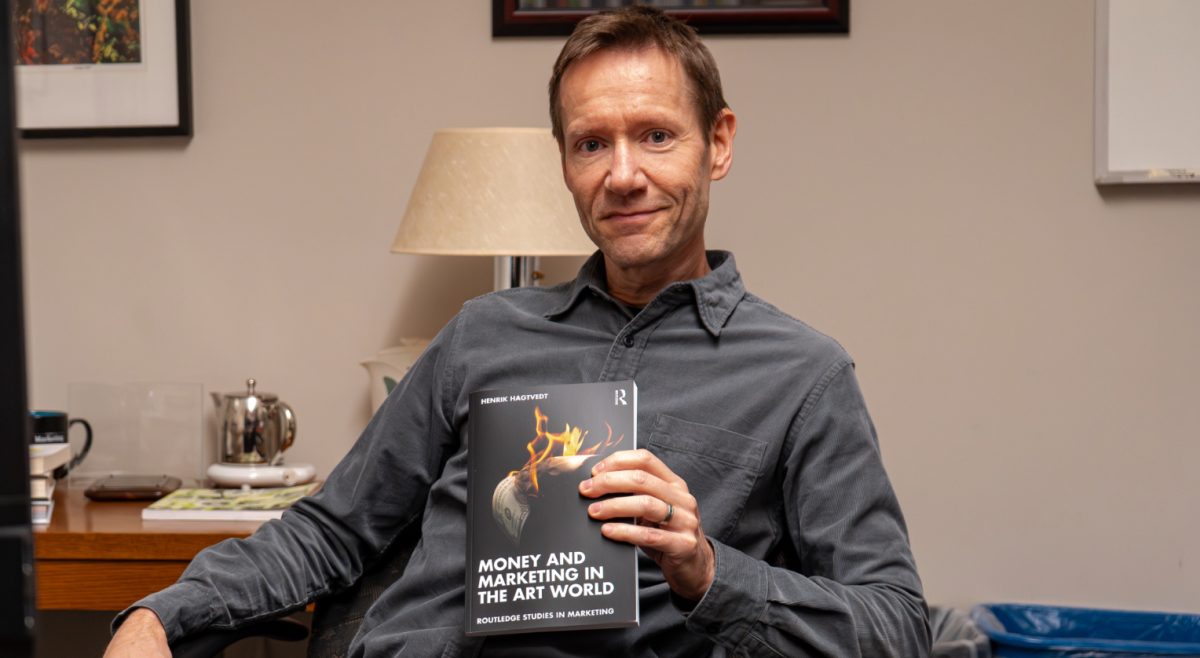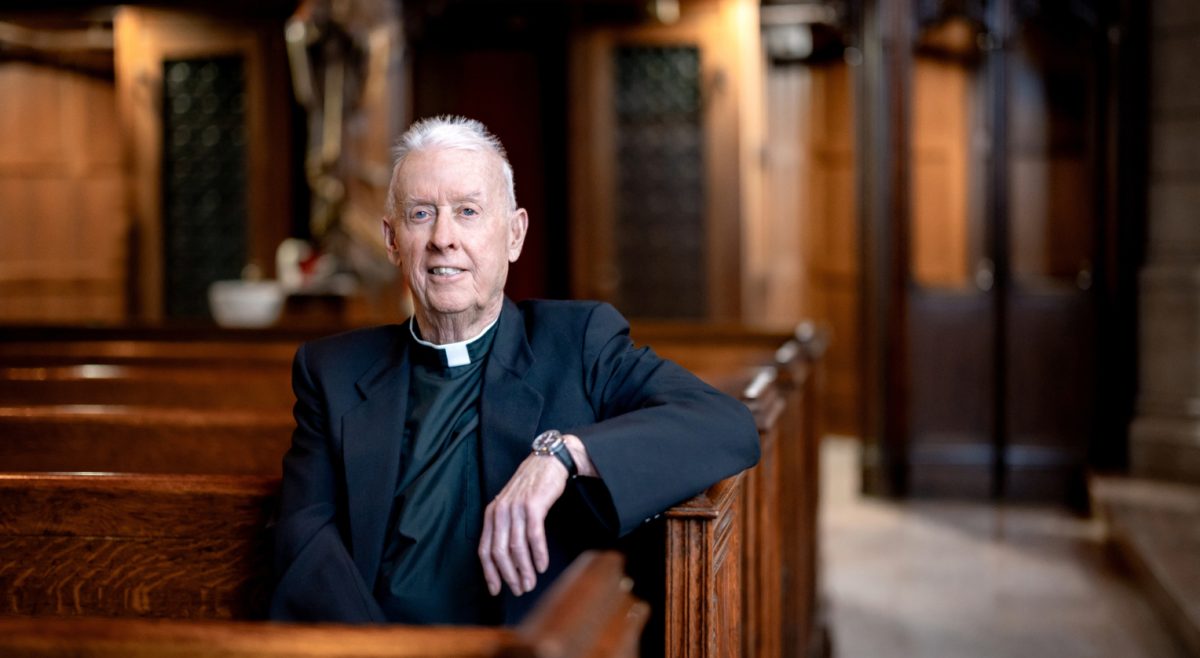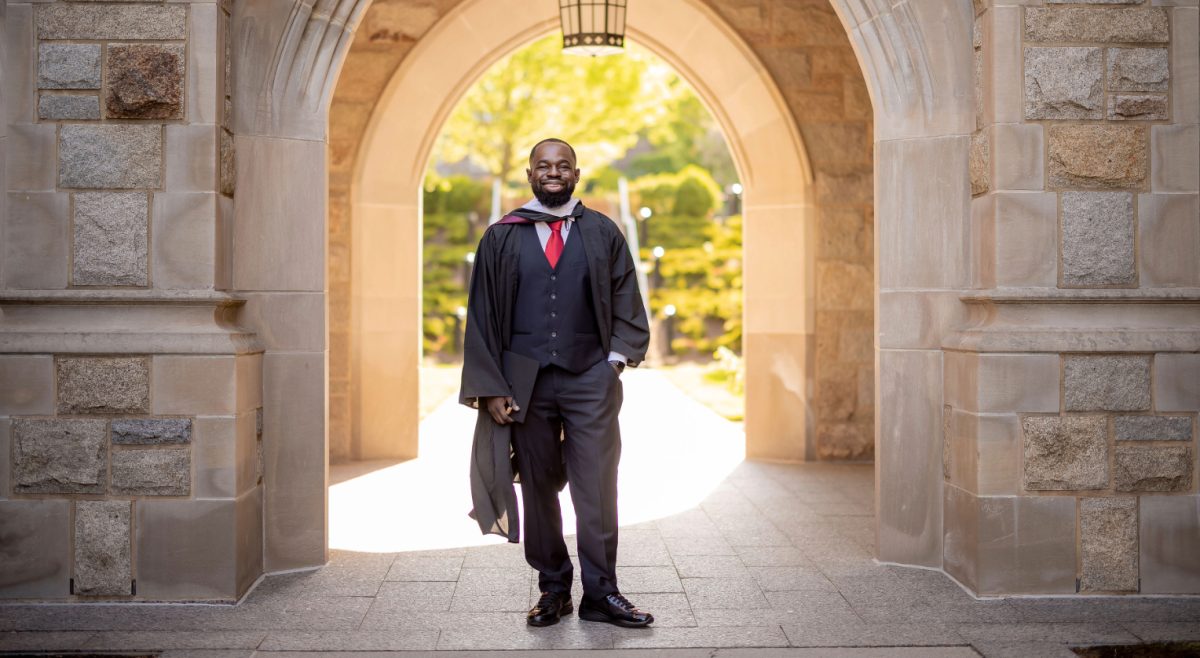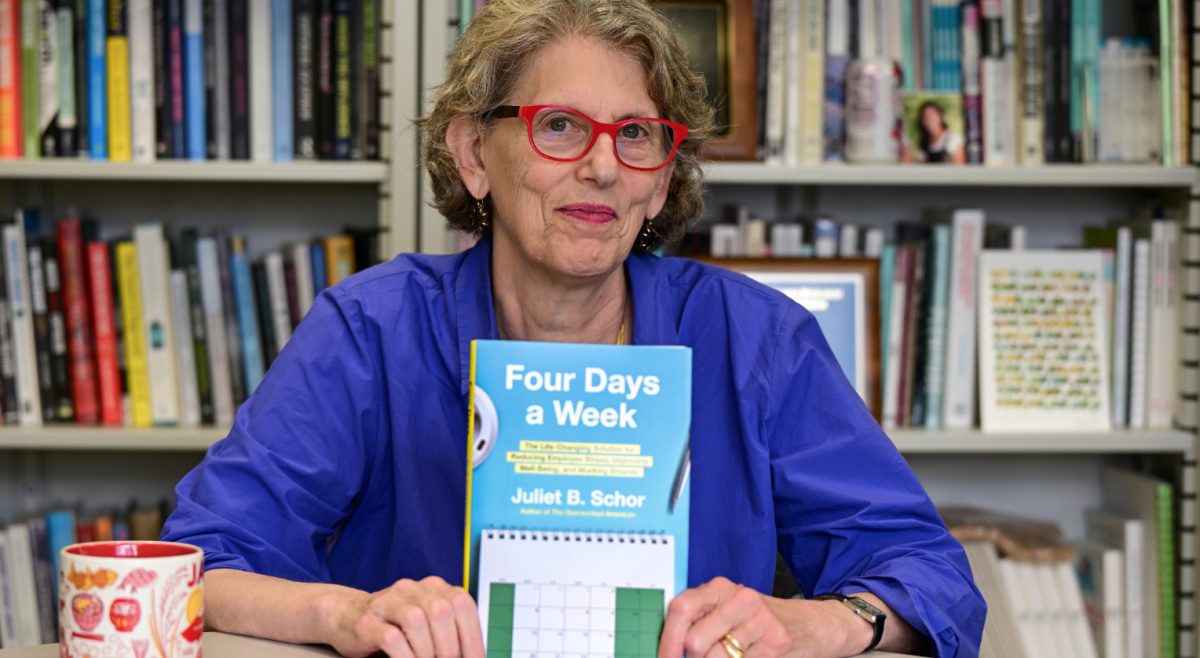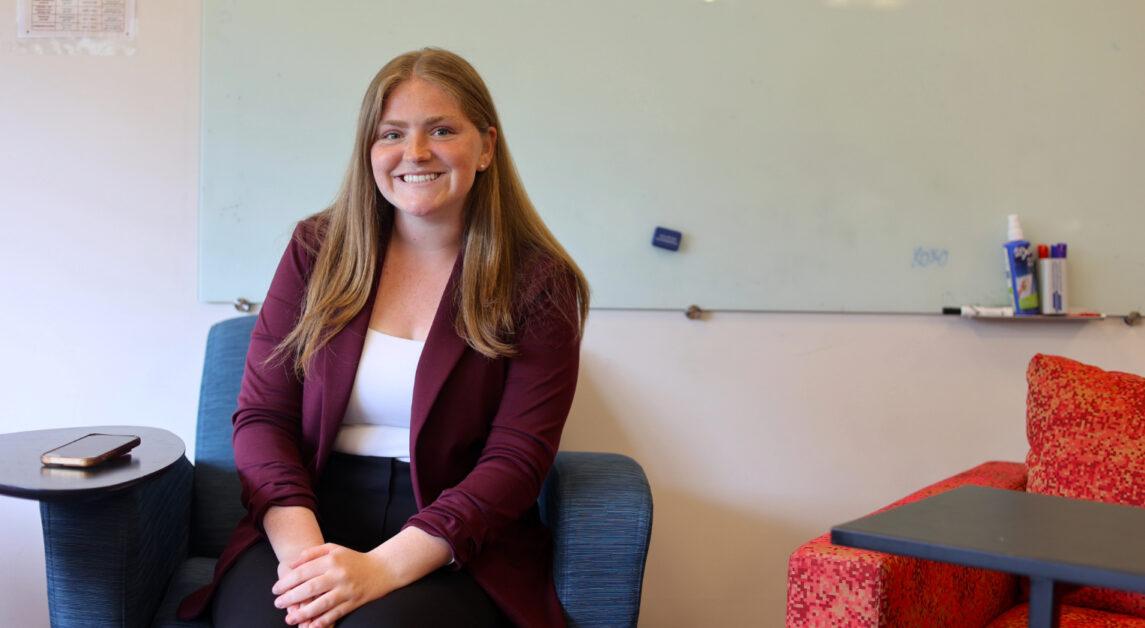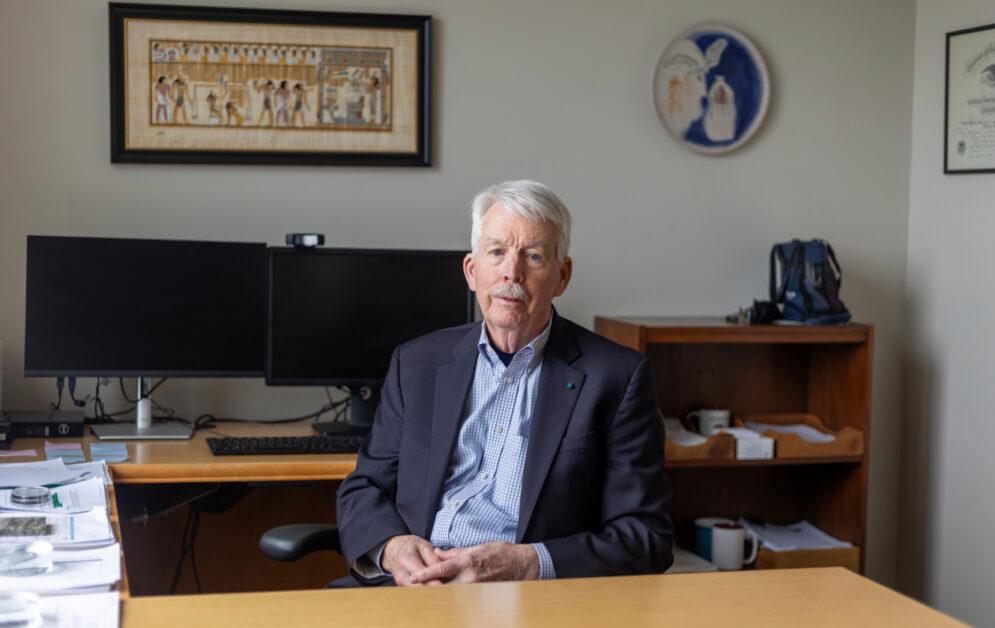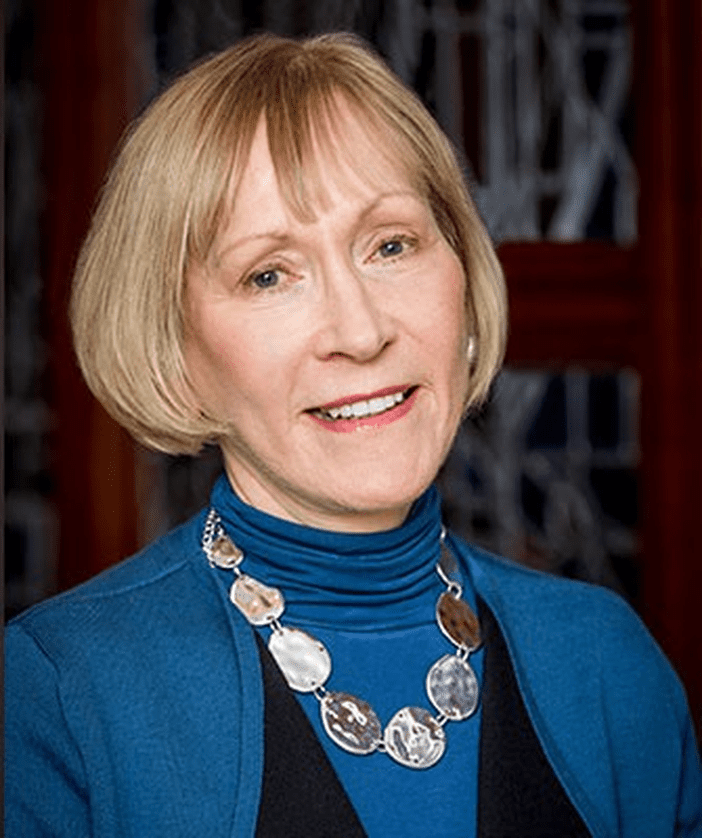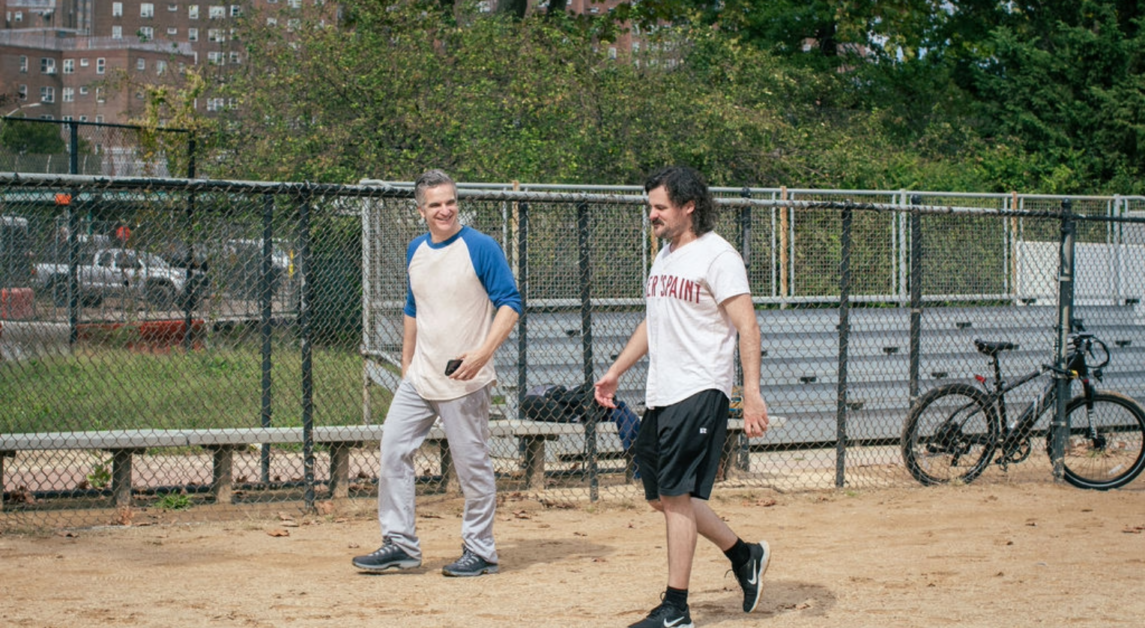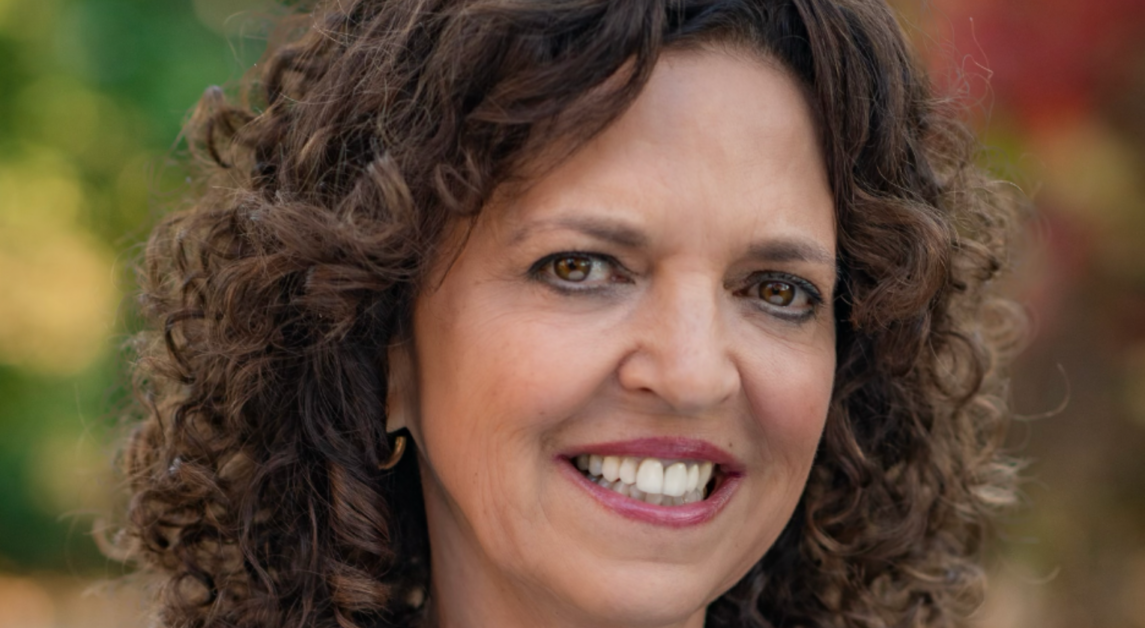If you were to hike up the Gasson stairs on a Tuesday night at 5 p.m., you would likely stumble upon a classroom occupied by a handful of students delivering poignant speeches or sharing detailed stories on niche topics. And, if you wanted to share a speech of your own, these students, who constitute BC’s Word of Mouth club (WoM), would likely encourage you to do so.
WoM is a public speaking and storytelling organization at Boston College. It began as a club catered toward debate and pre-law students, but as the years progressed, the mission of the club evolved to provide an inclusive space where students could comfortably practice public speaking skills and find a community on BC’s campus, according to Sarah Wiederman, co-president of WoM and MCAS ’25.
“It’s like making friends in reverse,” Wiederman said. “I think Word of Mouth really creates a space where you can be vulnerable but also grow so much as a person, kind of unconsciously.”
WoM hosts three forums a week, each overseen by a leader of the club. Each forum has a different topic, which is chosen in collaboration with the e-board and the general members of the club. Members are given the topic in advance, but many choose not to prepare and instead deliver their speeches or stories on the spot, Wiederman said.
There are only two real rules in WoM according to Wiederman—no speaking while someone else is presenting and giving every speaker the same level of respect.
“I think the type of club is one that lends itself well to the culture of BC and the personality types that I see a lot of people with, whether or not they notice it in themselves,” Wiederman said.
Students’ first task upon walking into a WoM meeting is to write their name on the board to indicate if they’re interested in speaking that day. After a few introductions and an icebreaker, the speeches begin, Wiederman said. There is no set time limit for the speeches. After each speech, members will often give comments or critiques, especially if the presenter asked for feedback in a specific area.
Students with no public speaking experience are encouraged to join—Wiederman joined as a freshman after a leader in the marching band encouraged her to come, she said.
“Usually it was like, ‘You have to come to Word of Mouth, like I need people,’ and I was like, ‘Fine, like I don’t really like it that much, but I’ll show my support for you,’” Wiederman said. “And then kind of throughout the fall semester, it turned into something that she stopped asking us to come to and we’re like, ‘Wait, like, we’re just coming.’”
Wiederman said that when she first joined, she was intimidated by the amount of upperclassmen, but she grew to like that aspect of the club because it allowed her to connect with people who had already overcome the struggle of being new to the group.
“This just kind of became my team, but in a positive way,” Wiederman said. “It was a place where I originally knew nobody. Nobody was a freshman except for myself and my other friend who had come from band. It felt like they were really offering something to me that I didn’t realize I was looking for at first.”
Johnny Koczela, a student in the School of Theology and Ministry and BC ’23, joined last year after some of his friends encouraged him to. Koczela said he was also drawn to WoM’s mission.
“You get to practice valuable skills, make enjoyable, meaningful connections with other like-minded individuals on campus, and have some valuable enjoyment on your Tuesday afternoon, or whatever day you choose,” Koczela said.
Wiederman said the wide appeal of WoM enabled her to encourage people from all aspects of her life to join the club. Everyone is given the same speaking prompt, which evens the playing field and lessens the stress of coming up with a topic, she said.
“I think it’s fun to see the different personalities because some people bring a very comedic style to their speeches, and some people tend to be more philosophical and serious,” Wiederman said. “Some people I don’t know what their style is yet.”
Topics for forums vary greatly—from “BC hot takes” to “incorporate a lyric” to “a time your perspective changed.” Wiederman said her favorite speech was one where a member comedically recounted a time she came home from break and her room was painted bright green. Koccella’s standout speech was when a club member took the stance that you should choose your cereal based on color.
For the latest forum, Wiederman asked members to “teach the audience something.” The lessons learned varied from how to apply a tourniquet, how to make a bench out of paper, and Carl Rogers’ communicative method. The atmosphere is casual, like a group of friends having a weekly catch-up session.
“Just really showing the members that you care about them and that you want to know about them as a person, not just what they’re going to say in response to the prompt,” Wiederman said. “It can really open up a space that’s just inclusive and comfortable.”
WoM member Cameron Hopper, WCAS ’25, said he joined the club this semester because he wanted to practice public speaking and be in an environment where people are genuinely interested in what you have to say.
“I think every person is interesting whether they know it or not,” Hopper said. “And so I love when we have these prompts that give people the opportunity to show how interesting they can be.”
According to Wiederman, being able to articulate an argument or a story is especially important for college students. Because student’s lives are made up of small interactions that could lead to jobs or future opportunities, Wiederman said mastering this sort of communication is crucial.
WoM will never turn away a student—it always invites them in, Wiederman said.
“I really love how this club changes the typical learning dynamic in college,” Koczela said. “In your big lecture environments, it’s a lot of listening to a sage on the stage. Here, everyone gets to go up and be the sage for a little bit, and we all have so much wisdom and interesting knowledge to convey.”

